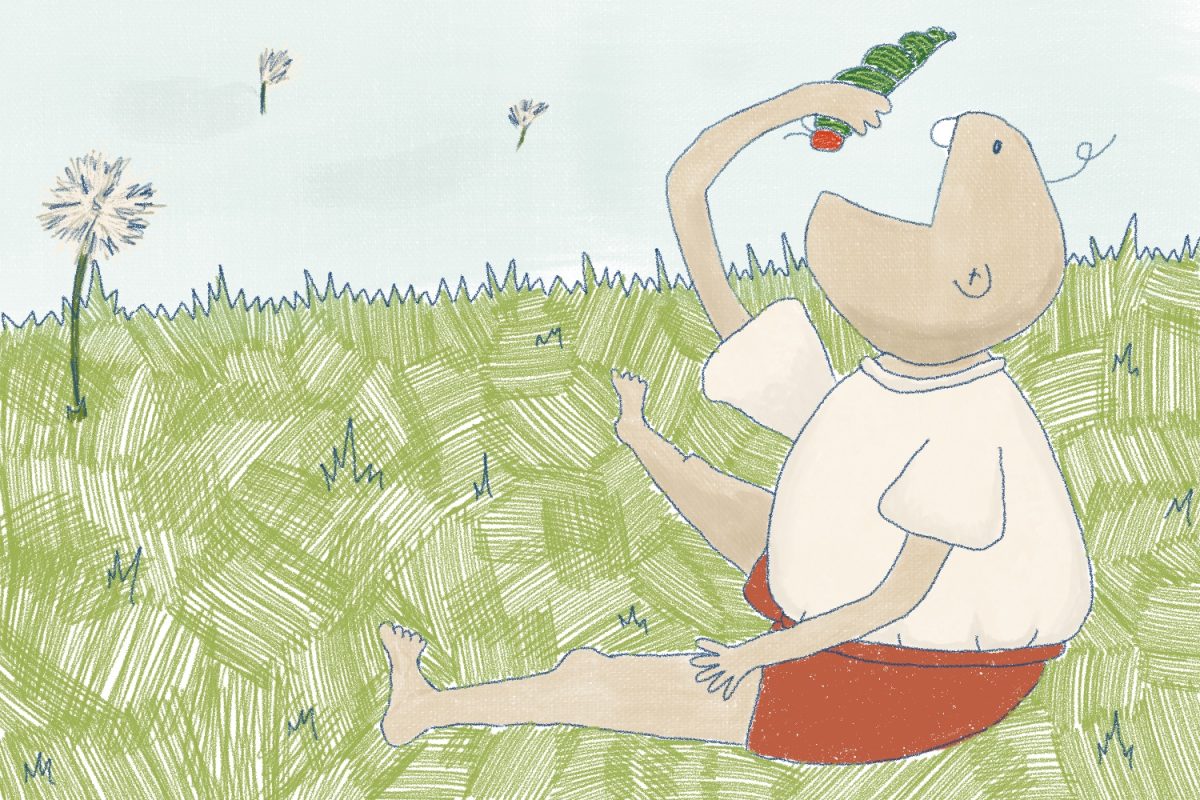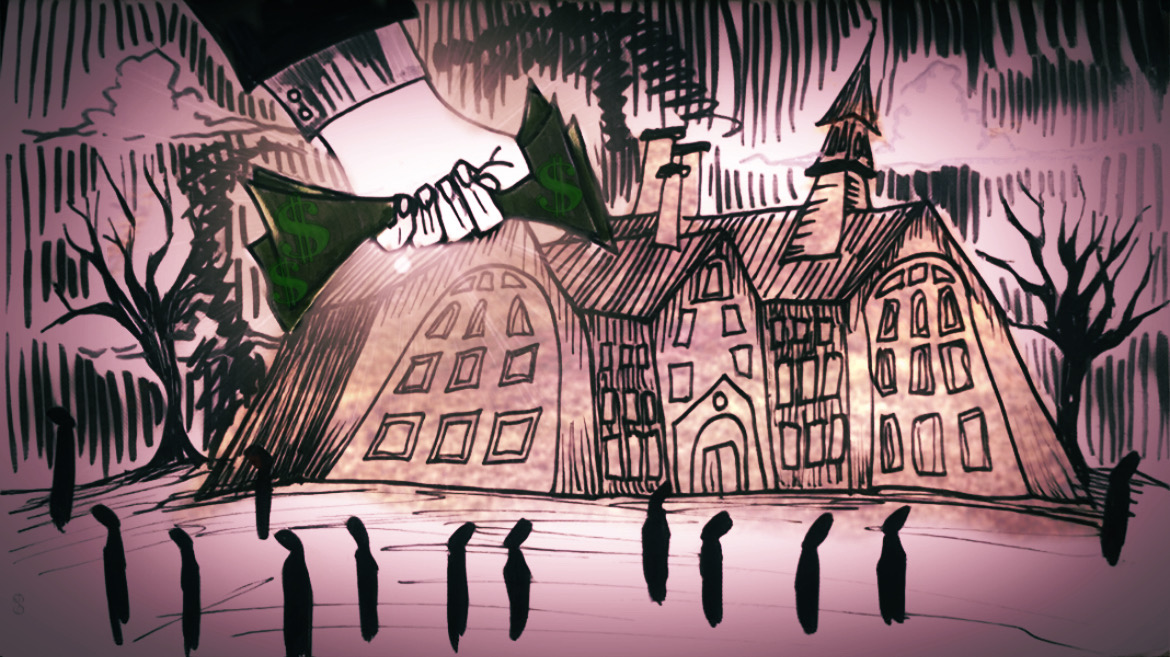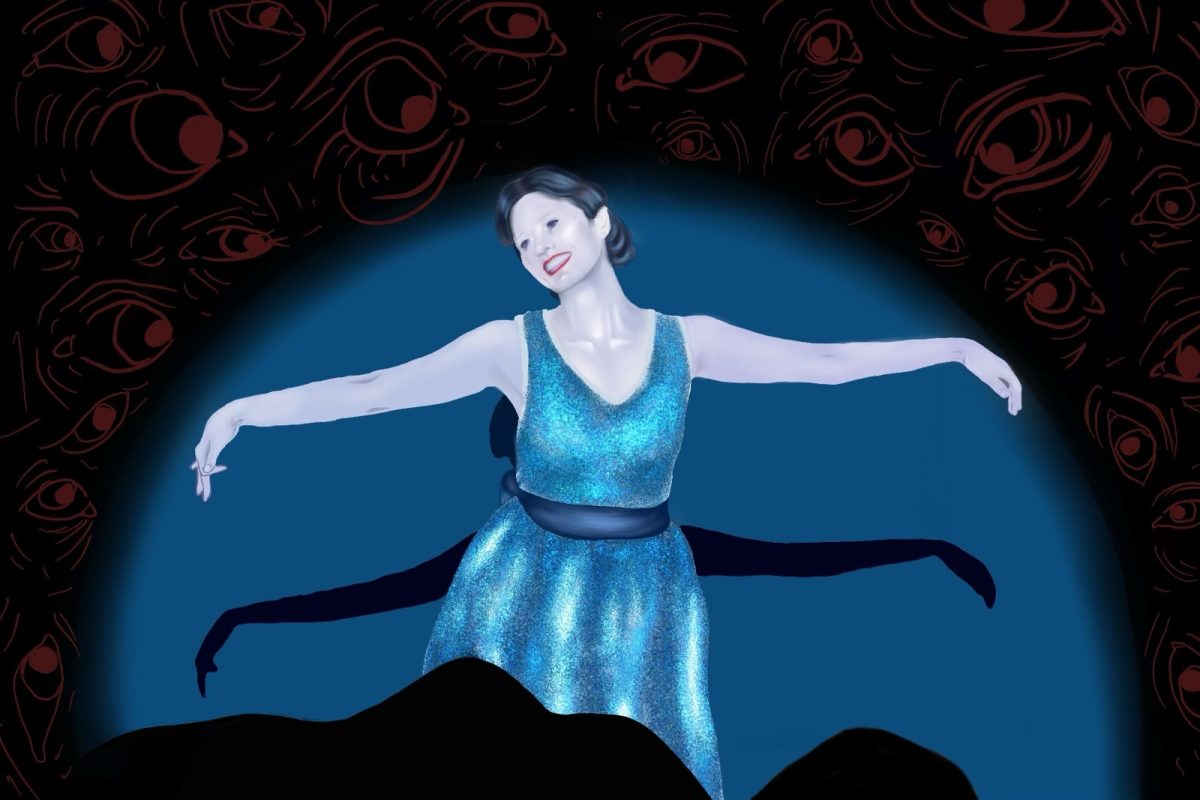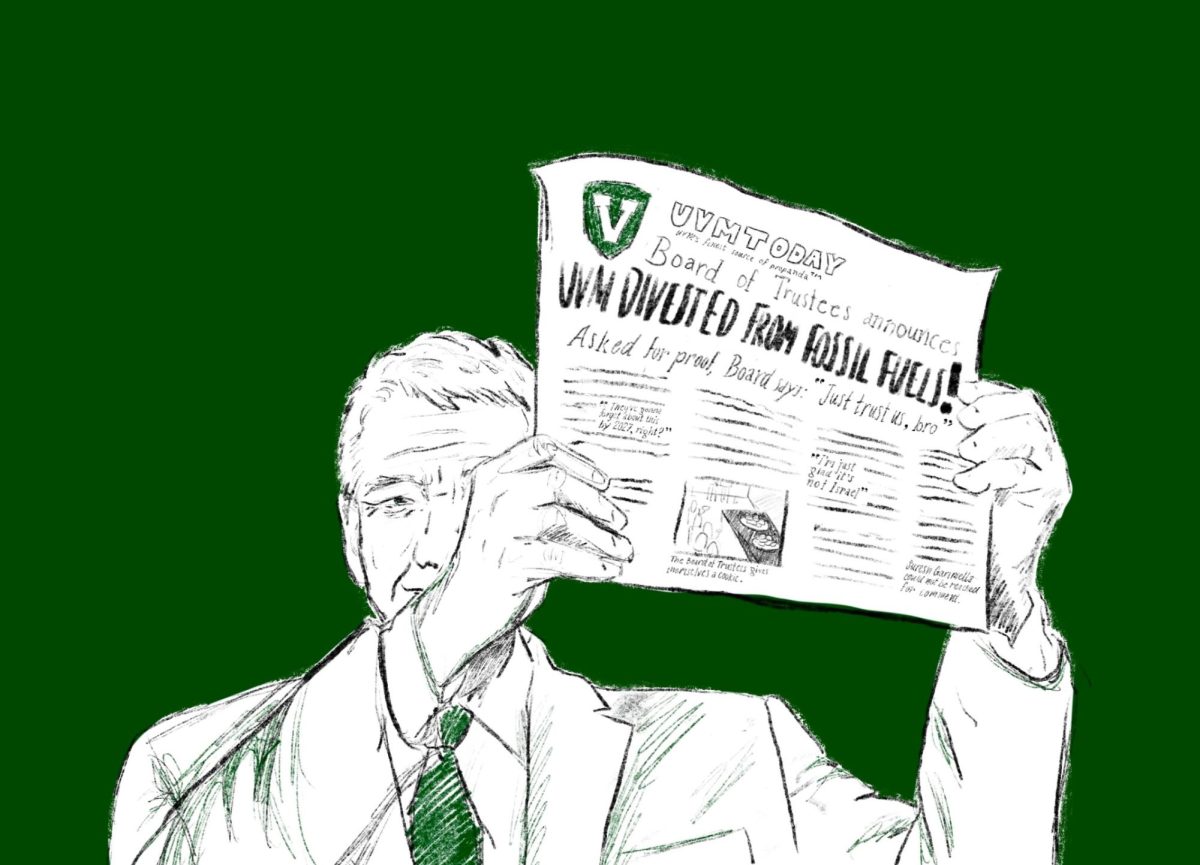ItÕs interesting that when we walk, we allow our butts and thighs to jiggle around, our arms swing back and forth, our hair to be blown by the wind and our hips to sway. And yet, we have a $30 billion global industry created to immobilize our breasts and press them up against our bodies.
This is not a new trend, though the numbers have grown in recent years. The use of bras dates back to ancient Greece and has evolved and changed since then, and created a variety of stabilizing mechanisms the majority of American women don every day.
The more that I have contemplated the multitude of reasons why the majority of women choose to wear bras seven days a week, the more complicated the question becomes. I canÕt imagine the impetus of bra wearing is solely social, nor solely for comfort.
Perhaps it is a combination of physical and social comfort, added with perceptions of sex appeal or the ÒsurpriseÓ factor, or perhaps the notion that bra wearing is a prerequisite to social interactions and desirability among women.
Due to my own lack of capability in isolating one specific aspect of such a complex, multi-faceted industry, I will try convey to you my personal feelings about bras.
To start, ÒbraÓ is a really strange word. When you consider the Greek translation is something along the lines of Òbreast-band,Ó it becomes even stranger. Sometimes I think of the word brassiere instead and mentally repeat it in a variety of accents just to shake things up.
It is important to note that a womanÕs attitude toward bras is incredibly personal and probably shaped by upbringing, body image, shape and size, personal/familial/cultural norms, religion, and/or daily activities.
This account is coming to you from a well endowed woman. I am very aware that I have larger-than-average breasts. The consequence of this is that if I do choose to go without a bra, thereÕs no hiding it. No secrets, and no surprises.
Though the lingerie industry is arguably centered around sex appeal, I feel there is something inherently sexy about breaking the social code and casting off the band that binds me.
What is more difficult to discern is whether this intensification of sexuality is fueled by being pleased with the way I look, or the attraction to feeling rebellious.
Sadly, IÕm inclined to say the latter.
Some papers IÕve read cast the blame on the fashion industry for mass-promoting an image of the ideal Òfemale shape.Ó Others cite the roaring twenties and the desire for minimal boobage as the origin of bras as a mechanism for altering the shapes of our bodies.
Biologically speaking, how have we as a society come to a point where we so readily prefer the artificial to the natural in so many aspects of beauty, not just with bras?
In that vein, the retailers that feed the fire of the social perception of womanhood and by extension the objectification of women.
Companies like VictoriaÕs Secret donÕt just sell bras and panties, they sell an image. VS sells clothing, an assortment beauty products, bathing suits and even, as I was surprised to learn, accessories for luggage, travel and technology.
It is undeniable that the atmosphere surrounding bras and the intimate apparel industry is heavily socialized. The fitting or receiving of a first bra for a girl is often a right of passage into womanhood, comparable to menarche or loss of virginity (which, I must add, is a whole Ônother can of worms).
How does this impact a personÕs relationship with their body and their sexual experiences? What about people who may not identify with this male-female dichotomy so ingrained in our culture, who may desire the physical ÒsupportÓ of a bra, but are then subjected to the deep sea of social implications that come along with it?
I continually ask myself whether or not this construct is Òright.Ó IÕm tempted to say no. But at the same time, I feel it would be impossible to make an overarching value statement on the ÒmoralityÓ of the brassiere. The assumption that bra-wearing women are oppressed is just as offensive as assuming bras are holistically oppressive.
As I sit writing in Bailey/Howe Library, I am conforming to all of these unspoken implications of womanhood that bras presume. Statistics would say that 80-85 percent of the women around me are as well.
This draws me to one final question. Has the perception of femininity reached a point where we can no longer separate what it means to be female in sex from the social constructs that define what it means to be a woman?
Part of me shouts a resounding no. Yet it saddens me to think that if I were to watch a few hours of TV, or flip through Cosmo, IÕd be forced to reconsider.










![Can’t buy me [self] love](https://vtcynic.com/wp-content/uploads/2024/04/self-care-FINAL-1200x796.jpg)

